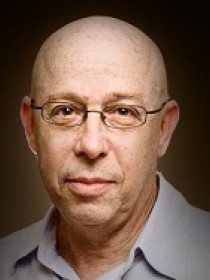
Michael Schwartz
Connect with Michael
About Michael
Schwartz’s research interests include social movements, historical sociology, political economy, business structure, network analysis, war and insurgency, and global geopolitics. He has written extensively the origins and impact of collective protest, on the dynamics and consequences or intercorporate relations, on the determinants of legislation and implementation of U.S. government domestic policy, and wars in the Middle East.. He has been active in collective action throughout his adult life, including participation in the Civil Rights movement, and protests against the Vietnam and Iraq war. His work as a public sociologist has included social and political analysis for TomDispatch, Asia Times, Huffington Post, Mother Jones, and Contexts.
Contributions
In the News
Publications
Examines the dynamics of industrial decline. Presents a sociological analysis of regional political economies specifically examining industrial migration from New York State. Argues that migration occurs only when the core establishments in a region seek to overcome inefficient production practices by seeking out lower wage locations.